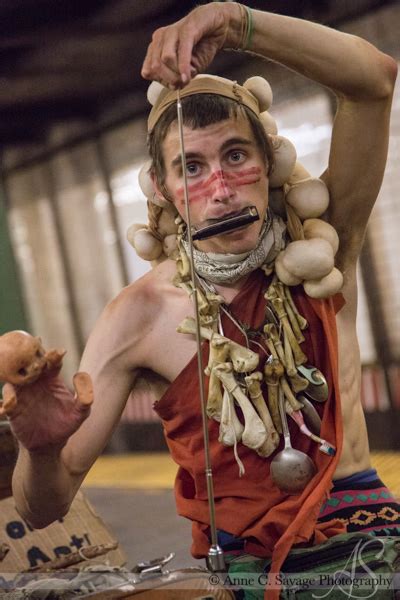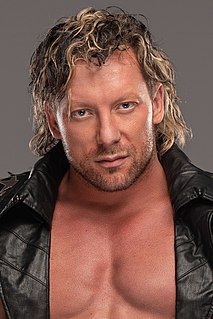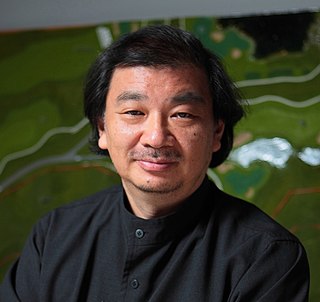A Quote by Takashi Murakami
As a young artist in New York, I thought about postwar Japan - the consumer culture and the loose, deboned feeling prevalent in the character and animation culture. Mixing all those up in order to portray Japanese culture and society was my work.
Related Quotes
I’m not doing anything wrong, I’m not obstructing anyone’s access. When I have a crowd I make sure that the crowd makes room for people. I’m an artist who cares about the cultural fabric of New York City. I care about New York as a harbor for street culture - and I care about street culture as a base-level populist diffusion of ideas. And I believe in making those ideas accessible to everyone.
I feel it's my social responsibility to shine a light on areas that don't get seen. My personal feeling is that it's an artist's responsibility to be engaged with the culture. And when the culture is going through turmoil, I think an artist can't ignore that. I don't feel that every artist has to be politically engaged, but I can't imagine that you can be an active participant of this culture and not in some way reflect that in the work you are creating.
Many teachers of the Sixties generation said "We will steal your children", and they did. A significant part of America has converted to the ideas of the 1960s - hedonism, self-indulgence and consumerism. For half of all Americans today, the Woodstock culture of the Sixties is the culture they grew up with - their traditional culture. For them, Judeo-Christian culture is outside the mainstream now. The counter-culture has become the dominant culture, and the former culture a dissident culture - something that is far out, and 'extreme'.
It seemed [there are] musical nodes on the planet where cultures meet and mix, sometimes as a result of unfortunate circumstances, like slavery or something else, in places like New Orleans and Havana and Brazil. And those are places where the European culture and indigenous culture and African culture all met and lived together, and some new kind of culture and especially music came out of that.








































